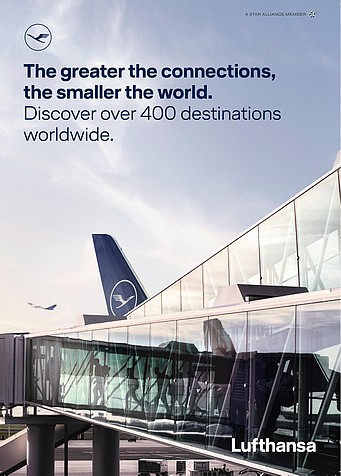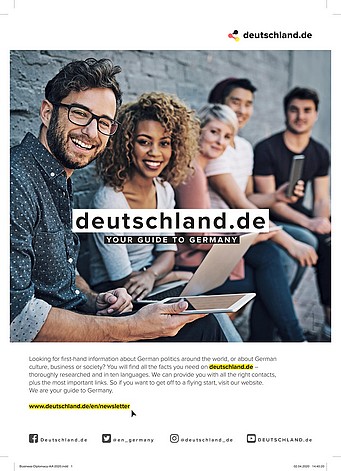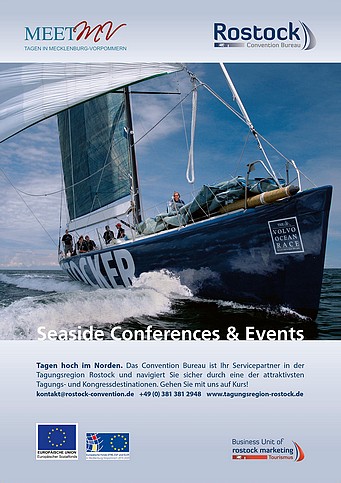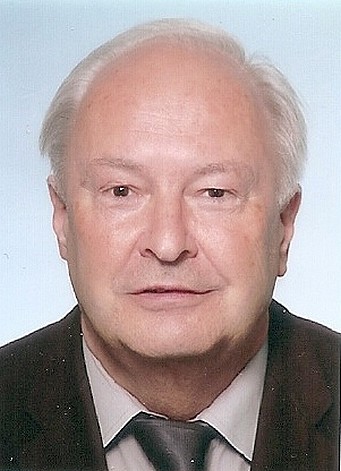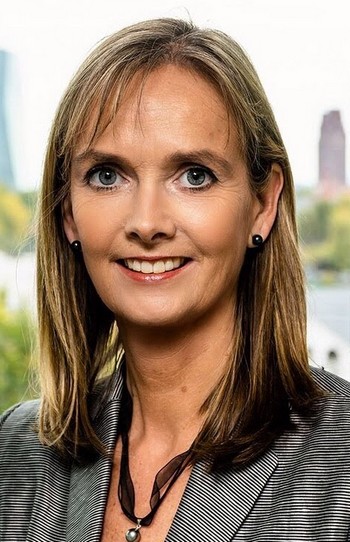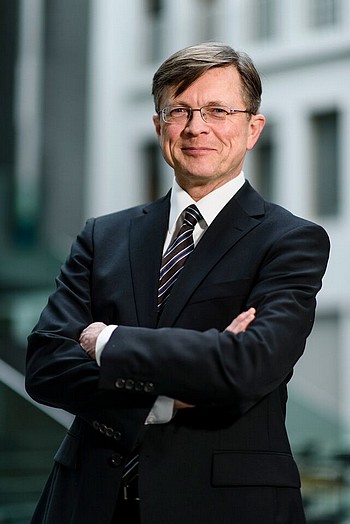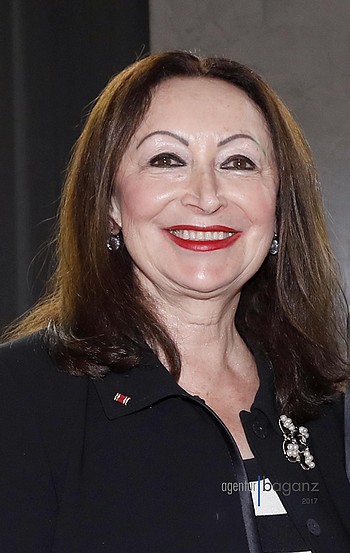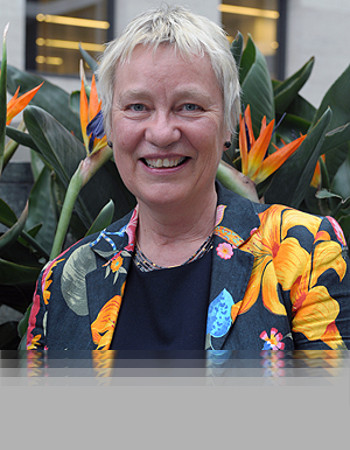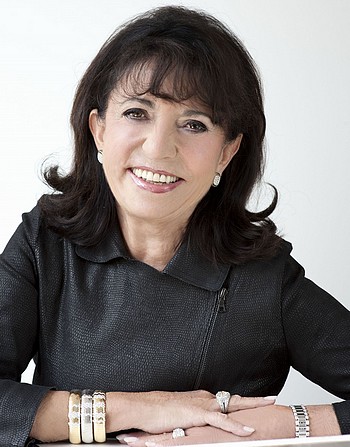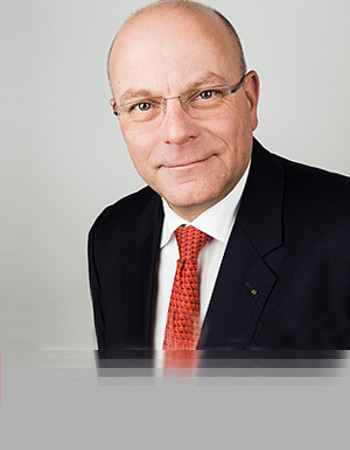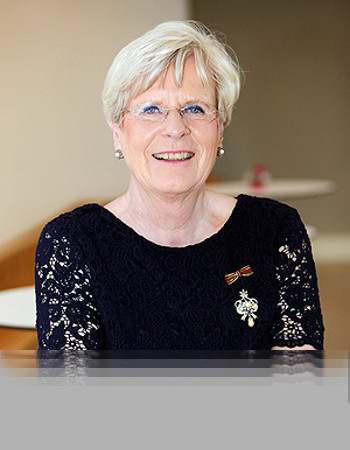
Strengthening Transatlantic Relations: Insights from Berlin Foreign Policy Forum 2024
By Svetlana Alexeeva
November 15, 2024
Since its inception in 2011, the Berlin Foreign Policy Forum has been one of Germany's leading foreign policy events - a well-prepared international conference organized annually in the capital by the Körber Foundation and the Federal Foreign Office. This year, however, everything was different. While the U.S. elections on November 5th, 2024, were a foregone conclusion, no one anticipated the collapse of Germany's "Ampel" coalition government in Berlin just one day later. Consequently, just a few days before the forum, the organizers had to improvise. Prominent speakers such as the Federal Minister of Finance, Christian Lindner, unexpectedly canceled, forcing the organizers to hastily find replacements and adjust the agenda accordingly. Despite these challenges, they managed to adapt effectively. Amid German foreign policy navigating an increasingly fragmented global order and numerous global crises presenting complex challenges that demand both immediate action and long-term strategies, the forum sought to address critical questions: What’s next for the transatlantic partnership? Which old alliances will endure, and which strategic partnerships need to be rebuilt? How should Europe react to simultaneous crises and reconcile short-term measures with long-term solutions?
Preparedness for Potential Political Shifts
The Forum 2024 featured an opening speech by Annalena Baerbock, Germany's Federal Minister for Foreign Affairs, who emphasized the importance of international cooperation in turbulent times. The Körber Global Leaders Dialogue hosted Mirjana Spoljaric Egger, President of the International Committee of the Red Cross (ICRC), providing insights into humanitarian aid challenges, especially in Gaza. The panel on the recent U.S. elections, their outcomes, and the impact on transatlantic relations brought together Nils Schmid, Member of Parliament and Spokesperson on Foreign Affairs for the SPD in the German Bundestag; Amanda Sloat, former Special Assistant to the President at the National Security Council in the White House; and Ken Weinstein, Japan Chair and former President and CEO of the Hudson Institute. For Europe, a weakened transatlantic bond could not only mean economic losses but also pose a significant threat to key security interests. One week after the election, the panelists examined where the United States is headed, the state of the transatlantic relationship, and what Europeans can expect from the president-elect Donald Trump in his second term. Nils Schmid emphasized that Brussels is better prepared this time for the return of Donald Trump to the presidency than it was in 2016. "We've learned from past experiences and have developed strategies to counter unfair trade practices, particularly concerning tariffs," he noted. Schmid stressed the importance of upholding the international system and ensuring continued funding for institutions like the United Nations, regardless of changes in U.S. leadership. Amanda Sloat offered valuable insights from her experience within the U.S. administration, highlighting the need for sustained engagement between the U.S. and Europe.
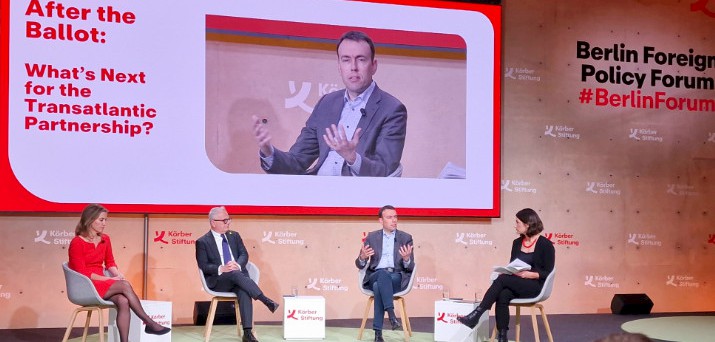
Primary Issue: U. S. Alliances in the Indo-Pacific
Ken Weinstein provided a perspective on the strategic outlook of a new U.S. administration. He underscored several key areas where the U.S. and Europe could enhance cooperation. "Liquefied Natural Gas (LNG) and energy security should be significant topics," Weinstein said, pointing to the mutual benefits of U.S.-Europe collaboration in energy. Regarding ending the war in Ukraine, Weinstein suggested that compelling Vladimir Putin to the negotiating table could "change the dynamics dramatically." On China, he remarked, "China is both an economic and security threat. That's why the U.S. is building alliances in the Indo-Pacific. It's a primary issue." Weinstein advocated for a unified approach - a convergence between the U.S. and EU - to address challenges posed by China's rising influence. "Iran is also an area where the U.S. and Europe can work better together in the future," he added, indicating potential for joint initiatives in diplomacy and security.
Finding common ground and maintaining open dialogue are crucial for Europe to assert its role in shaping the future international order. The insights from the forum underscore the critical importance of the transatlantic partnership in navigating today's complex global landscape. As Europe's stability can be significantly influenced by U.S. political dynamics, proactive engagement is essential. The upcoming forum in 2025 will likely elaborate on these new dynamics and developments.

2024-11-15


BOTSCHAFTER IN BERLIN
Hier finden Sie alle wichtigen Informationen über die ausländischen Botschaften in Berlin von A wie Afghanistan bis Z wie Zypern. Schauen Sie doch mal rein unter www.botschafter-berlin.de.
MONATSBRIEF
Wenn Sie sich für unseren kostenlosen Monatsbrief anmelden möchten, senden Sie bitte eine Nachricht.
LESER ÜBER UNS
Impressum | Datenschutzerklärung
© Diplomat Media Berlin 2017 —


